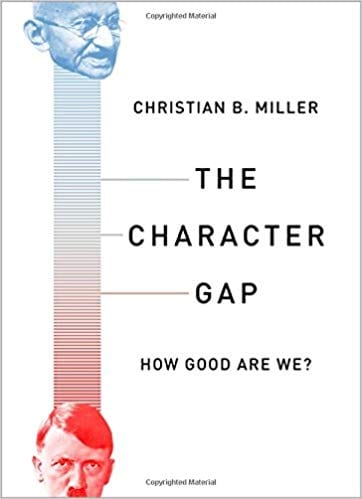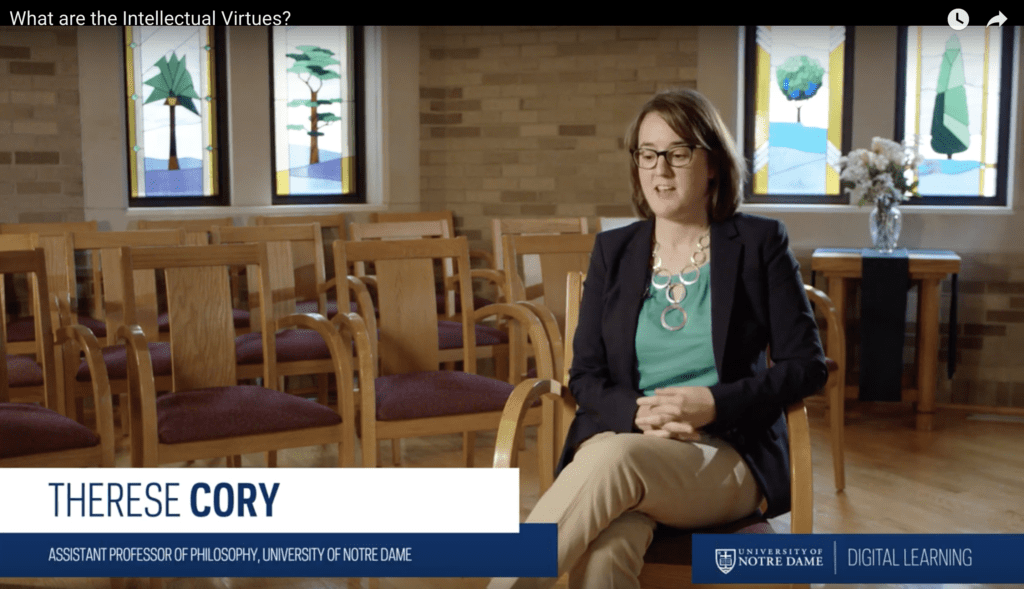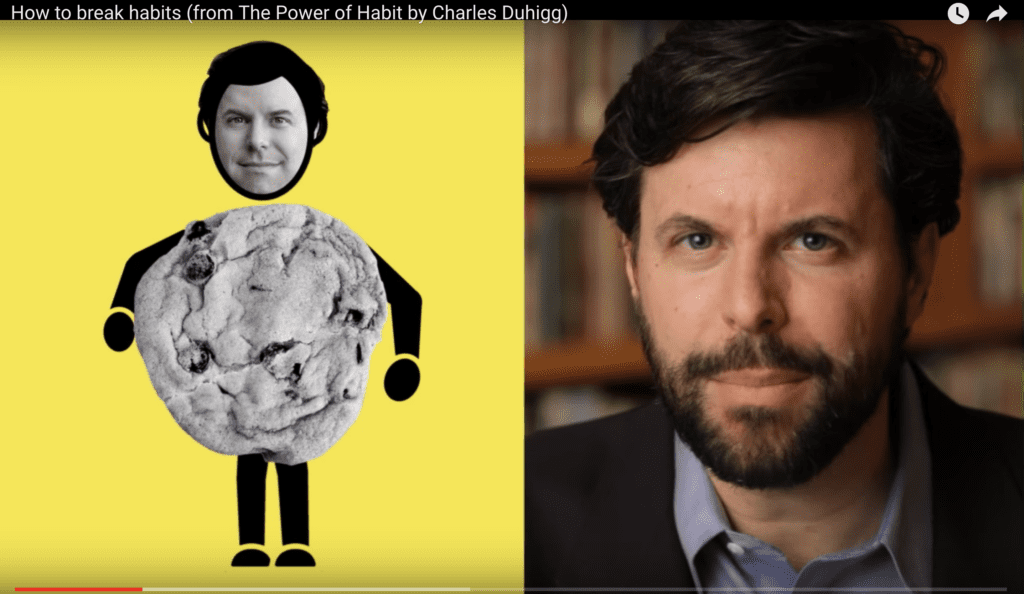Part 2: Virtue and Excellence

On the classical theory of the good life that we're exploring, virtues play a big role. In this class, we define virtue and look at the relationship between habits, virtues, and character.
Lecture 2: What is Our Purpose?
Presented by Meghan Sullivan
Aristotle argued that we can figure out what makes a thing good by asking what it’s purpose is and then focusing in on each of the things it needs to fulfill this purpose. In today’s lecture, Meghan will talk about this view, and how it connects up with our main question.
What is Character?
Presented by Paul Blaschko

Philosophers have been arguing about the importance of virtue and character for thousands of years. And today, psychologists are adding their voices to the mix.
In the twentieth century, questions about virtue abound. What are the virtues? How do we acquire them? How are they related to habits? And can they really predict our behavior in reliable ways?
Nowadays, most experts tend to think of character as a collection of personal traits like generosity, honesty, and perseverance. While debates over how much we control our character are ongoing, most scholars now agree that there are character traits, some of them are virtuous and some of them are not, and that we have at least some control. In other words: that we are responsible, at least to some extent, for the people we become.
In the application video for today’s class, Meghan will talk a bit about some extreme displays of virtue. Then you’ll have a chance to reflect on how such virtue are actually formed through action and habits.
Case Study: Heroic Virtue
Presented by Meghan Sullivan
Sometimes people act in ways that are almost super-human. In this video we look at one such case, and ask what we can learn about living well in general from such displays of “heroic virtue.”
Activity: Acquiring Virtues
Presented by Paul Blaschko
Aristotle knew that we only acquire virtues with sustained, focused effort. He also gave us the insight that virtue builds on habit, and that habits require repeatedly performing actions with the right sort of intention. In this activity, you’ll be encouraged to think about these connections, and how they can play out in your life. You can use a worksheet that will guide you through the process (full color or printer-friendly).
Additional Resources
Readings:
- Excerpt from Plato’s Republic on the importance of character in living a good life (an interactive text).
- More information about philosophy Christian Miller’s book “The Character Gap.”
- Original New York Times story about Wesley Autrey, the man referenced in this week’s case study.
- Charles Duhigg’s book “The Power of Habit,” referenced throughout the videos this week.



